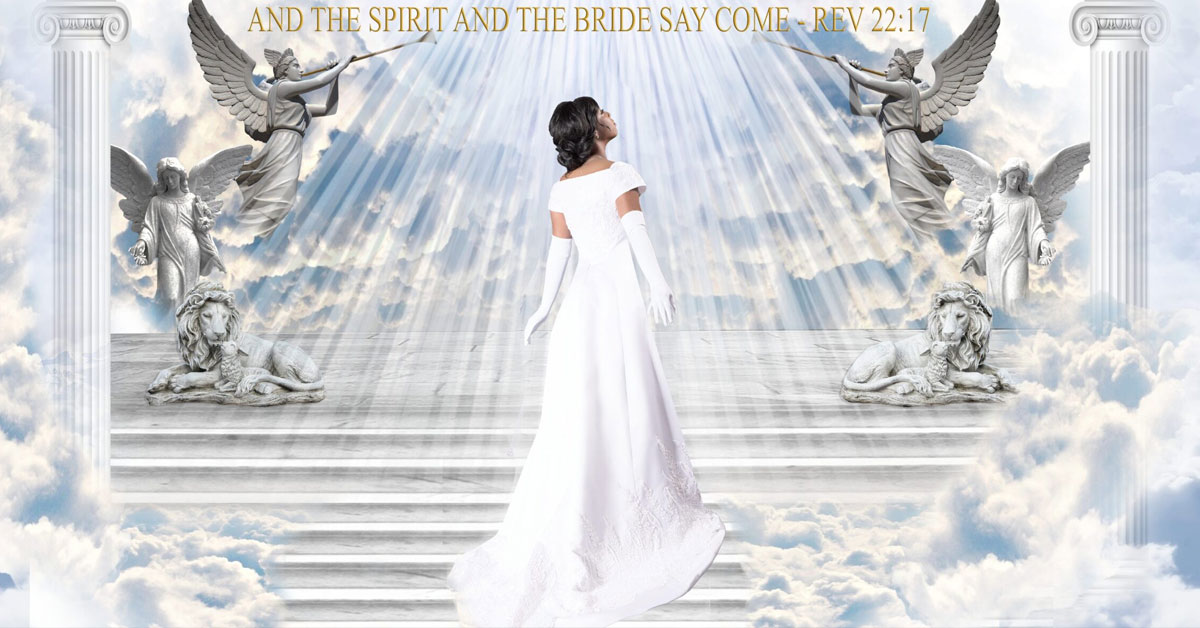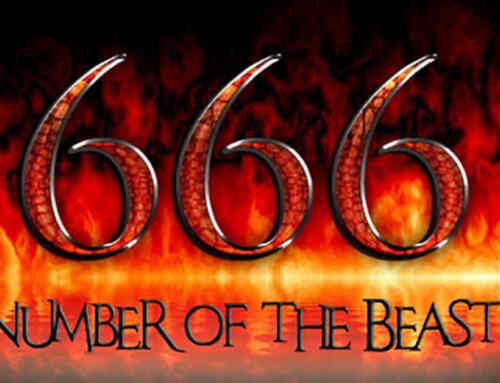All who would be of the “new creation” (2 Corinthians 5:17) – of the “Royal Priesthood” (1 Peter 2:9) – must sacrifice their own will, offering themselves to God, even as our High Priest Jesus who “offered up himself to God.” (Hebrews 7:27; 9:14) The Apostle Paul exhorts, “I beseech you therefore, brethren, by the mercies of God, that you present your bodies a living sacrifice, holy, acceptable to God, which is your reasonable service. And do not be conformed to this world, but be transformed by the renewing of your mind, that you may prove what is that good and acceptable and perfect will of God.” (Romans 12:1) Since our bodies are not actually “holy,” they must be justified by faith in Christ.
The consecration/dedication of the believer to holy living and obedience to God tentatively gives “justification of life” and peace with God. But, as the apostle explains, “the end of the commandment is love out of a pure heart” (1 Timothy 1:5). Righteousness means supreme love for God and a desire to know and do His will instead of our own.
A believer comes to realize that now all creation is warped, out of harmony with God. Harmony with God means inharmony with all unrighteousness in our own flesh as well as in others. Seemingly our obedient love is not possible except by self-sacrifice. God foresaw that our compliance with our first consecration, during the present age, leads us up to the second consecration as priests for sacrifice.
The Lord instructs, “Ye were called in one hope of your calling” (Ephesians 4:4). The calling is to joint-heirship with our Lord in the glory, honor and immortality of the kingdom (Luke 12:32, Romans 2:7). The way is narrow and difficult because Christians must successfully endure tests in order to receive honor. (Matthew 7:14, Romans 8:17)
Sacrificial love for God does not wait for commands but appeals for service. To such the Lord gives the special Gospel call, to consecrate to death, to sacrifice their earthly interests for the heavenly. Those who obey the invitation are accepted as priests, members of the body of the High Priest of our Profession, “sons of God” (John 1:12)
Thus, we begin a new life of transformation, bringing our human will and desires into subjection to the will of the Father. This sacrifice requires that we “die daily” (1 Corinthians 15: 31), rendering unto God our time, talent, possessions, and even our rights, to carry out His will.
Because we follow Jesus’ example, our Savior is not ashamed to call us his brethren (Hebrew 2:11). We willingly share in his suffering and fill up all the afflictions that he as one man could not experience. Colossians 1:24 (NKJV), “I now rejoice in my sufferings for you, and fill up in my flesh what is lacking in the afflictions of Christ, for the sake of his body, which is the church.”
Additional Resources:
PDF Booklet: “Why Are You a Christian?”
Christian Questions Podcast
Episode #1170: “Does Being a Christian Have to Be Difficult?”
Examining what discipleship is and what it is not
Preview Video
CQ Rewind Show Notes









